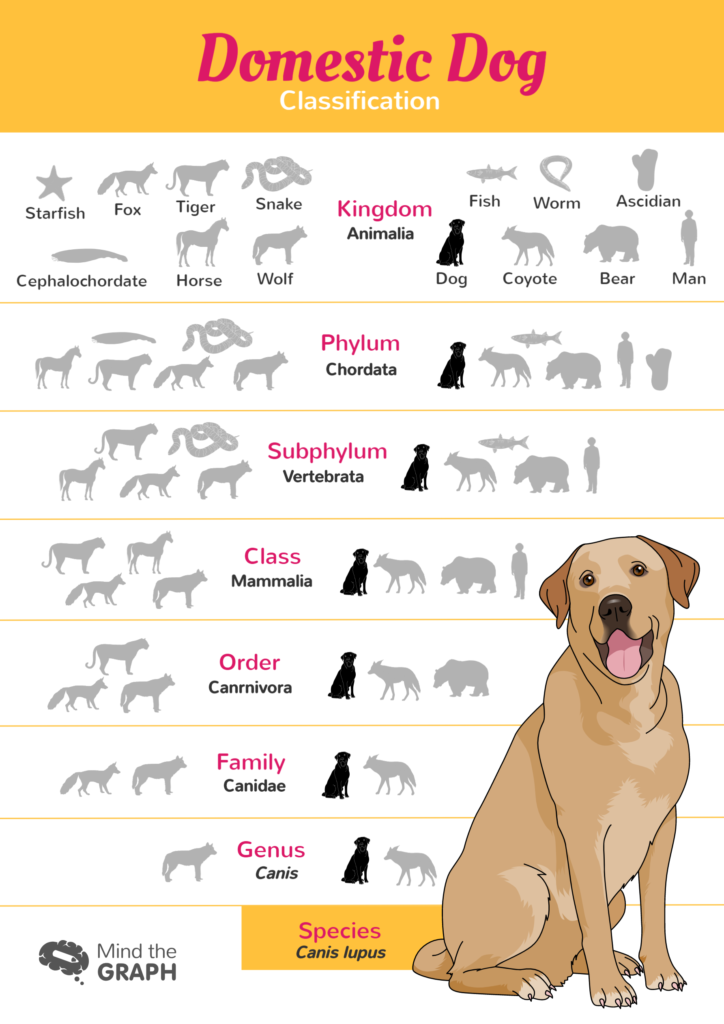Can Dog Childcare Reason Illness?
Pets in daycare receive great deals of workout, socialization with other pet dogs and special experiences. This can be specifically useful for puppies and pet dogs with behavior problems.
There are numerous legal factors to consider you need to take into consideration when starting a doggy childcare company. These consist of the structure of your service and compliance with federal government regulations.
1. Dog Distemper
Canine distemper is spread with straight contact with the bodily liquids and waste of an infected pet, but it can likewise be transmitted by means of shared water and food bowls or with air-borne droplets. This extremely contagious health problem is most dangerous for puppies, however it can impact canines of any age and is fatal for the majority of if left without treatment.
Initial signs of canine distemper commonly mimic a cold, consisting of dripping eyes and nose with watery or pus-like discharge. As the illness advances, a dog will establish high temperature, coughing, lowered cravings, throwing up and diarrhea. The virus can additionally strike the nervous system, leading to seizures, jerking and partial or full paralysis.
Respectable daycares minimize direct exposure to infection by calling for inoculations, regular health examinations and adhere to rigorous health methods. If your pup appears overly exhausted or hopping, a day of rest might help him recuperate, however you need to stay clear of taking him back to day care up until these signs clean up.
2. Kennel Cough
Kennel cough, also called transmittable canine tracheobronchitis or Bordetella, is a very infectious viral or microbial illness that affects the respiratory tract. It's generally moved via the exchange of saliva or air droplets that an ill canine exhales. Social pets go to greater danger for infection due to their frequent communication with each other, such as when they play, share food or water, smell one another or simply fulfill in a jampacked atmosphere like a pet dog park or daycare.
The most usual signs and symptom of kennel cough is a persistent and strong coughing that dog board training near me sounds like something stuck in the throat or retching. Often, pets will certainly spend frothy white phlegm. If left untreated, a pet can establish pneumonia and be at serious threat forever.
A credible day care facility need to have rigorous cleaning and sanitation methods, sterilize all toys, food and water bowls regularly, and be open concerning their inoculation policies. Maintaining your canine up to day on their inoculations, specifically for bordetella and canine flu, will considerably decrease their chances of getting the disease.
3. Parvovirus
Canine parvovirus, or parvo, is a highly transmittable viral health problem that can be fatal for pups and young adult dogs with inadequate immune systems. It's most commonly spread out by direct contact with infected pet dog feces-- which can happen when pets smell, lick, or preference infected feces-- and indirectly from infected people, objects, or settings (like kennels, grooming areas and lawns). Pups and canines without complete inoculation histories are specifically vulnerable to parvo.
The infection is incredibly resistant, making it through in the environment for as much as nine years, and can quickly be moved between pets by contact via feces or on shoes, garments, and bedding polluted with parvovirus. If not dealt with immediately with IV liquids, electrolyte balance, throwing up control drugs and antibiotics to stop additional microbial infections, a canine will swiftly dehydrate and create severe looseness of the bowels, which leads to shock and blood poisoning. Parvo is difficult to treat as soon as a canine has actually become ill, yet with appropriate veterinary treatment, numerous pups do survive this disease.
4. Pooch Influenza
Pooch influenza virus is very contagious and spreads with straight contact, sharing food and water bowls, licking or nuzzling various other pets, through air-borne beads, and with infected surfaces. Vaccination works in reducing the danger of infection and episodes.
Many impacted pets develop a light respiratory system infection with a cough that lasts 1-3 weeks. They may additionally have nasal and ocular discharge, sneezing, and lethargy. Several of the most severe instances result in pneumonia and a high fever.
If your canine displays any one of these symptoms, do not bring them back to day care up until they are healthy and balanced. If your canine is revealing indicators of extreme tiredness or hopping, talk to your vet today and make sure they are on good health supplements to assist construct their resistance. A veterinarian will examine your pet for symptoms of the flu by taking a sample from the nose or throat, and blood tests can be done to validate.

Comments on “Choosing Dog Daycare During Holidays”